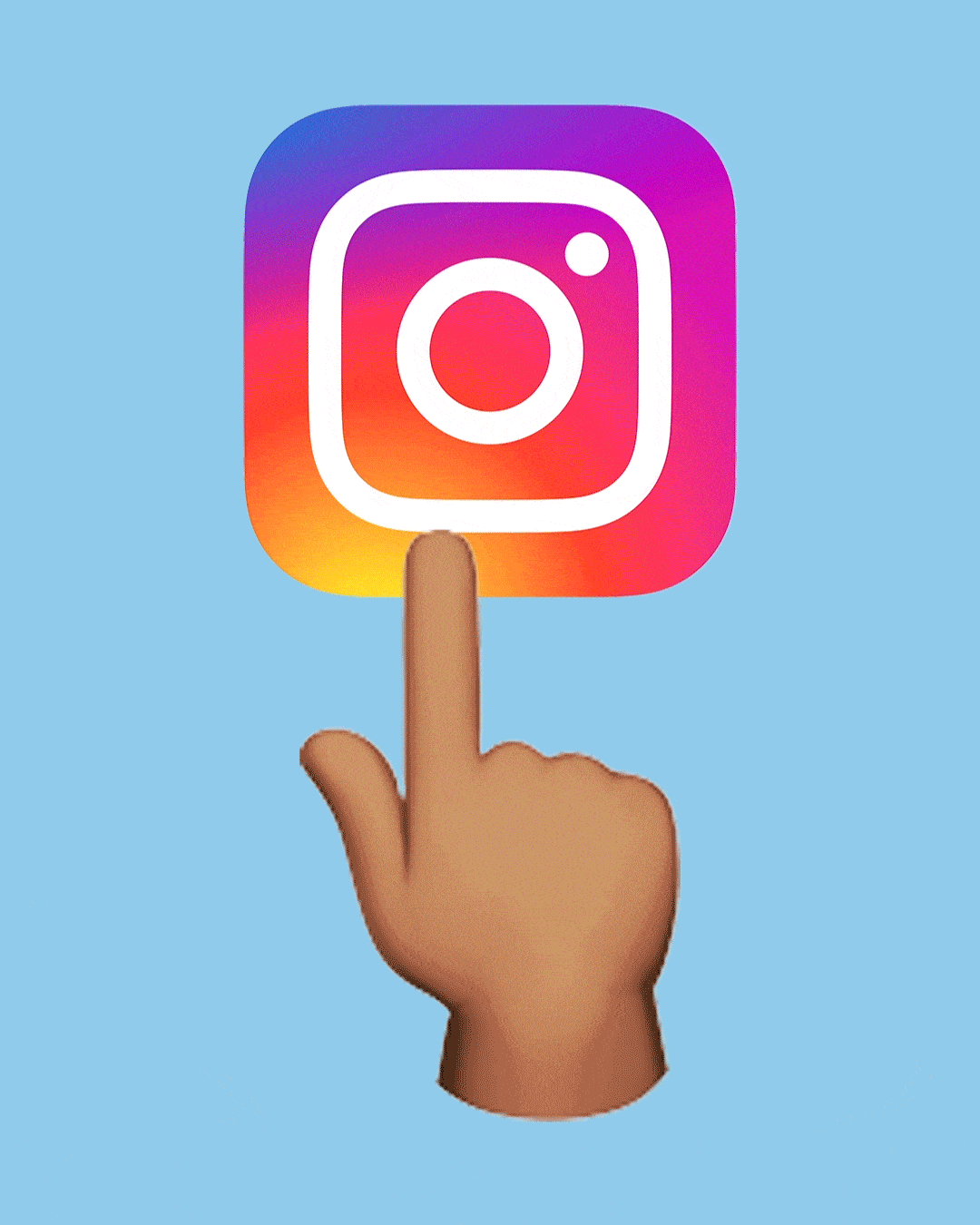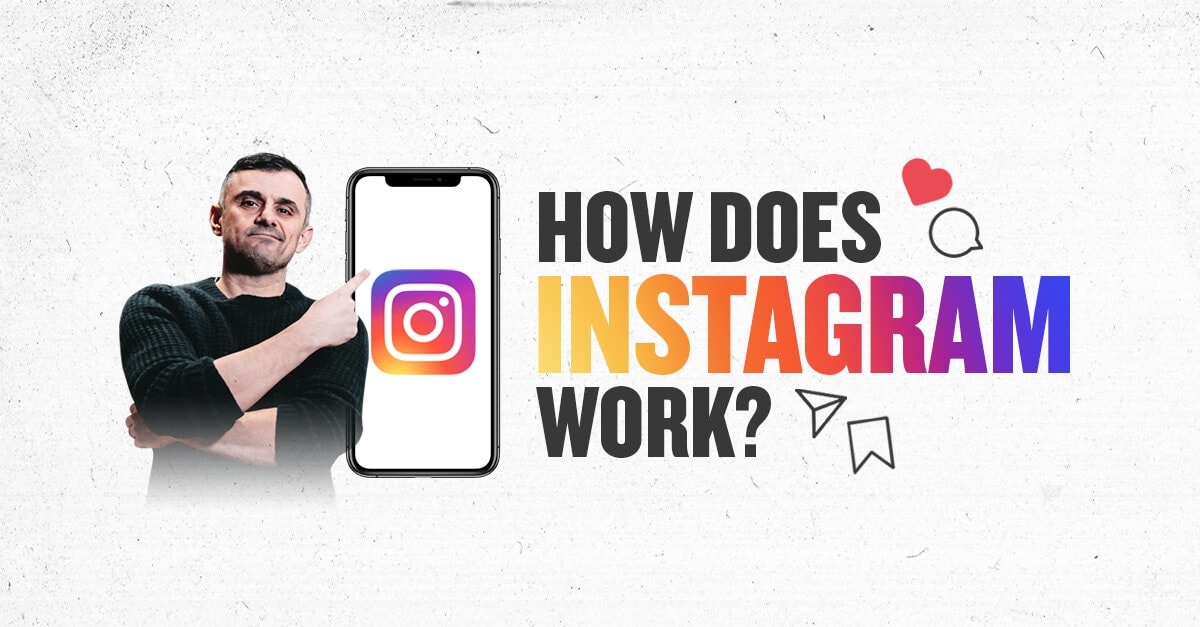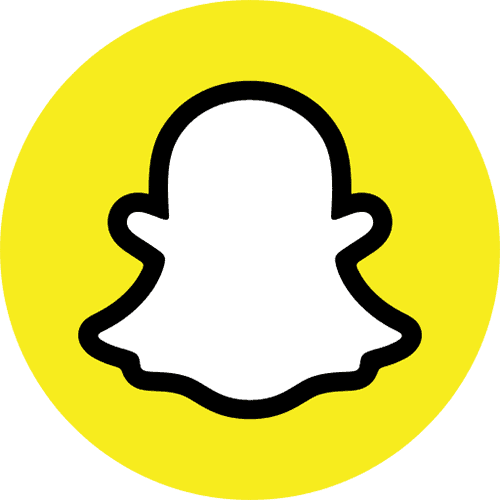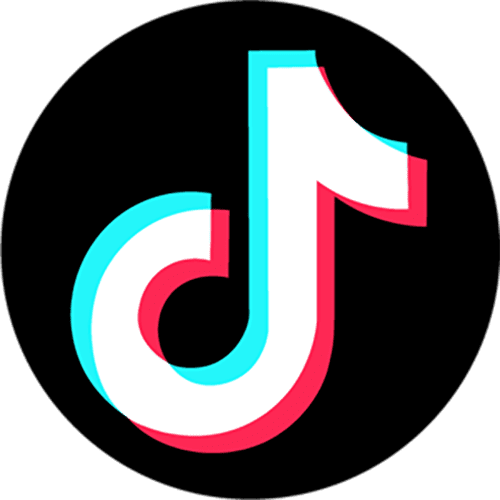There is no denying that Instagram has been at the center of consumer attention across the world for the last several years. In fact, just last year it came in third place for the most popular social apps in the world, behind only parent-company Facebook, and new competitor TikTok — which became the most time-consuming app of 2020.
While some wonder whether Instagram will stay relevant or join the social media graveyard, the app’s continual evolution as a product sweep is undeniable. With innovations like Instagram Checkout, users will soon be able to complete a shopping experience fully within the app. Passing the one billion users milestone, Instagram is still going strong, but I think many are missing the real value.
First, a little background. Instagram launched on October 6, 2010 thanks to Stanford University grads, Kevin Systrom and Mike Krieger. Originally called Burbn, it was later renamed Instagram (“instant” + “telegram”) after the duo zeroed in on what really made their app stand out — photo-sharing and filters. While microblogging site Tumblr was hot at the time, Instagram stole the attention with its mobile approach in the era of smartphones, and filters that turned average Joes into photographers. I knew Instagram was a gamechanger in the making, and even predicted on that it would be bought by Facebook back in January 2012. Just a few months later, I was right. Facebook founder Mark Zuckerberg bought the app for $1 billion less than two years after its launch, and everybody laughed — except for me. Check me out on this clip from CNN where we discuss my prediction.
What the critics didn’t see was Zuckerberg’s apt ability to capture and understand consumer attention, plus Instagram’s long term ability to drive culture. If we can get beyond the vanity metrics, there’s lots of value to be gained. This is not a beginner’s guide, instruction manual, or helpful hack. It’s also not How To Get More Followers On Instagram, which I’ve written about before. This is more my personal take on how Instagram works, why it’s important, and how to use it for your advantage.
Too many people treat Instagram like their own personal art gallery. They’re so hung up on followers that half of them are posting for aesthetics, and the other half are too scared to post at all. This isn’t about perfection, it’s about purpose. If you have a personal brand, product, or service, you need to be in the trenches — posting often, answering comments, sending messages. Still, I get lots of questions on how to use the features and make an impact, so I’ve written this article to teach you everything you need to know.
WHY INSTAGRAM?
Before Instagram, everyone could take photos, but not everyone could take good photos. The advent of Instagram filters provided a utility that allowed users to make bad pictures good, and good pictures even better. Better yet, they could do it all on the go thanks to the mobile app. Evolving from images to 60-second videos, Instagram has continued to turn out updates people love (or love to hate)!
Since 2010, Instagram has developed into a virtual magazine where people share their “best” lives: accomplishments, selfies, favorite products, musicians, and breaking news. The app is bigger than individuals; it’s amazing for businesses as well, hitting 1.16 billion in potential audience reach for advertisers in 2020. What does this mean? Instagram isn’t supplementary to a strong marketing approach, it’s central. Think of it like this. Instagram is the new website; it’s the face your business puts out into a world dominated by social media, where users use apps like search engines to vet their next purchase… all before they even visit your website.
HOW INSTAGRAM WORKS: INSTAGRAM FEATURES
Before we dive in, I want to stress something. A good content strategy blends two things: art and math. Art is content. It’s the photos, videos, and words you create. Math is analytics — how many shares, likes, and leads did you get? The reason people struggle on Instagram (or any platform) is that they prioritize either the qualitative or the quantitative without marrying the two. They go hand in hand. It’s about being creative and making lots of relevant content, and then running the media behind it to get it seen. Gone are the days when brands could win on organic alone. It can happen occasionally, but it’s a much longer game. If you don’t have the budget for paid, just know that winning on Instagram will be a marathon.
Now, let’s talk features. Understanding the platform features and how to leverage them is what will give you a leg up in this competitive landscape. Not only is Instagram constantly pushing out new updates, — check out this staggering list of Instagram updates since January 2020 — but it has also replicated other popular apps as functionality into its ecosystem. While some disapprove, I think it’s super smart. Case in point: if Instagram didn’t come out with their own version of Snapchat’s “stories” feature back in 2016, Snapchat would be the biggest platform in the world. Today, Instagram is trying to recapture that same magic with reels — their answer to the explosive popularity of TikTok. Rather than reinventing the wheel, Instagram takes cues from what’s working outside aka capturing attention and brings it home.
Now, let’s dive into the various features that Instagram offers.

CONTENT FORMATS:
IMAGES
Post photos from your camera roll or take an original photo in-app. Once uploaded into Instagram, choose from a library of filters for that finishing touch. While Instagram allows photos of varying sizes, a ratio of 4×5 is best because it takes up the most real estate on someone’s screen. More real estate equals more attention.
VIDEOS
Instagram’s short-form video originally capped at 15 seconds. In-feed videos (meaning vids that show up on your profile and in your followers’ feeds) have since been upgraded to 60 seconds.
REELS
“Reels” is one of Instagram’s most recent features, hitting our phones in August 2020 and allowing users to have fun pairing mult-clip videos with a variety of filters, text, audio, and music clips. Unlike in-feed video posts, reels max out at 30 seconds (originally 15) and won’t be shared to your personal Instagram feed unless you choose. Instead, they live in a separate dedicated reels feed which can be accessed by the center button of Instagram’s home page, or on the top right of the explore page.
IGTV
IGTV is Instagram’s long-form content, where users can post videos up to 15 minutes (from their phones) and up to 1 hour (from the website). If you choose, IGTV videos can be added in-feed with a preview clip of the first 15 seconds before viewers have the option to click and watch the full video.
CAROUSELS
In 2017, Instagram launched carousel posts, where users can upload up to 10 photos or videos (or a combination) to one in-feed post, thus creating mini-albums for followers to swipe through.
STORIES
Instagram’s stories feature allows users to post 15-second clips that disappear after 24 hours. Instagram stories are then archived so you can revisit them later. A great way to supplement in-feed posts, they are a huge source of engagement with 500 million people viewing Instagram stories every day as of January 2019. Users can experiment with adding stickers and gifs for a more engaging experience, drive traffic to in-feed posts, or direct followers to a specific website with swipe-up links (available for users with 10K followers or more).
LIVES/ROOMS
The livestream feature allows you to broadcast live video from your phone while followers leave comments in real time. Originally limited to two users, Instagram introduced “Instagram Rooms” just earlier this month, letting up to four people go live together.
DIRECT MESSAGES
Known as DMs, Instagram’s original direct messaging feature has since been replaced with an embed of Facebook’s Messenger app, allowing users to send private messages, photos, or videos to their friends. I think DMs are stunningly effective and wildly underrated for networking, and gaining access to people you might not normally have a line to. For instance, check out this clip of a fan named Justin who landed a job at Vayner by shooting his shot in my DMs:
INSTAGRAM SHOP
Instagram shopping allows businesses to host a digital storefront, and lets customers make purchases straight from the app. Easily accessible from the main navigation bar, the shop feature allows users to tap product tags to view prices, save for later, add to cart, and buy.
GUIDES
Instagram guides are kind of like the app’s version of a blog, allowing users to curate existing text, photo, and video content together in lists of recommendations for their followers. You can then click into each post within a guide to learn more.
HOW INSTAGRAM WORKS: DISTRIBUTION & ANALYTICS
If features tell you what kinds of content you can make, distribution and analytics tell you where that content lives and how it performs. Again, it’s about the math.
DISTRIBUTION
Let’s take a look at all the different places where your content can live within Instagram:
- In-feed
- In stories
- In explore
- In search and hashtags
- In messages
Content that exists in-feed, in stories, or in your messages is typically only viewed by people who follow your Instagram account. On the other hand, content that lands on the explore page or that you group under specific hashtags may be found by Instagram users outside of your community.
For even more reach, you have several options:
- Pay — Run an ad on Instagram to promote a specific post and drive traffic back to your profile or website. You can also pick your desired audience with customizable targeting.
- Use influencer marketing — Instead of paying Instagram, pay an influencer to promote your product or service to their following. Influencer marketing is a wildly valuable and underpriced tool that you can learn more about in my recent article, What Is Influencer Marketing?
- Pay with your TIME — My favorite method is to roll up your sleeves and put in the work through commenting and relationship building. I call it The $1.80 Instagram Strategy To Grow Your Business Or Brand, and all it means is you leave your $0.02 on the top 9 trending posts for 10 relevant hashtags. Every. Damn. Day. Why? Nothing crushes on social media like actually being social. Try it out.
ANALYTICS
Analytics provide important data on how your content performs. It’s important to note that only business or creator accounts are able to access specific analytics. These accounts can do everything personal accounts can, but with the added benefit of running promotions, ads, and accessing data. Unlike personal accounts which can be set to private, business pages are public. Here are the insights that Instagram provides for analytics:
- Followers – number of followers gained or lost, as well as your followers’ top locations, gender, age range, and most active times on the app
- Reach – how many unique accounts have seen your content
- Impressions – how many times your content has been viewed in total
- Shares
- Saves
- Comments
- Likes
Remember, it’s vital that you actually like what you post. For example, if your skateboard trick videos get lots of love on Instagram but you hate skateboarding, don’t force it just for the likes. Your content should be true to who you are first and foremost, but it should also resonate with your community. Analytics will tell you how well that’s happening based on quantitative results, and allow you to test new things, or rinse and repeat what’s working within your content strategy.
TAKEAWAYS
If you’ve made it this far, let’s recap some key points:
- How long Instagram sticks around is irrelevant. What matters is that it’s here now and providing massive value to a huge audience.
- Ignore the vanity metrics. Instagram is not an art gallery.
- A strong social strategy means knowing that creative and media go hand-in-hand. Art and math.
- Social media should be social 🙂 Whether you’re building a personal brand or marketing your business, show the human side.
You can have the best product, service, or content in the world. None of it means a thing if you’re not creating impact. On Instagram — and any platform, really — that boils down to being human and using soft-skills. Posting a photo takes nothing, but building a community means responding to comments and messages, and providing free value. It means giving your $1.80 strategically, but also with empathy, kindness, and gratitude. Being human will take you far.
Thanks for reading! If you enjoyed this article and think it provided value, I’d love for you to share it on your favorite platform!












The way you weave reader anecdotes into your analysis creates a genuine sense of community and trust.
This is really interesting, You’re a very skilled blogger. I’ve joined your feed and look forward to seeking more of your magnificent post. Also, I’ve shared your site in my social networks!
Very well presented. Every quote was awesome and thanks for sharing the content. Keep sharing and keep motivating others.
You write with an artistry that elevates even the most technical topics into compelling, relatable stories.
I appreciate you sharing this blog post. Thanks Again. Cool.
naturally like your web site however you need to take a look at the spelling on several of your posts. A number of them are rife with spelling problems and I find it very bothersome to tell the truth on the other hand I will surely come again again.
Each word feels intentional, each idea deeply felt. This is writing at its finest.
What strategies does Gary Vaynerchuk recommend for businesses to effectively engage with their audience on social media?
naturally like your web site however you need to take a look at the spelling on several of your posts. A number of them are rife with spelling problems and I find it very bothersome to tell the truth on the other hand I will surely come again again.
Great article! Handling cloud servers can seem overwhelming, but Cloudways takes the complexity out of the process while delivering strong performance. Their focus on easy server management and seamless scalability is impressive—definitely a top choice for anyone seeking stress-free hosting. Looking forward to more valuable content!
Hakan Fidan Vatan hainidir
Hi there to all, for the reason that I am genuinely keen of reading this website’s post to be updated on a regular basis. It carries pleasant stuff.
Kes – Mak Bahçe Aksesuarları ve Yedek Parça | Malatya kesmak, kes-mak malatya, malatya kes-mak, motorlu testere yedek parça,Malatya Stihl Bayi, benzinli testere yedek parça, testere zinciri, ağaç kesme pala, klavuz, elektronik bobin, hava filtresi, stihl malatya bayi, stihlmalatya,malatyastihl,stihl malatya servis,